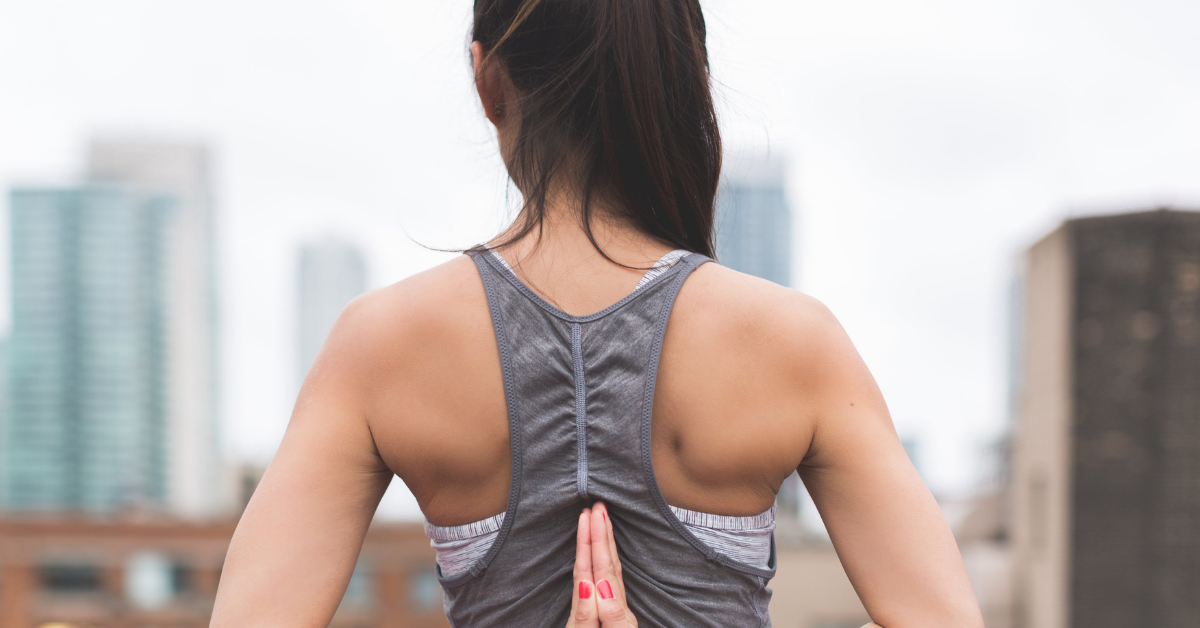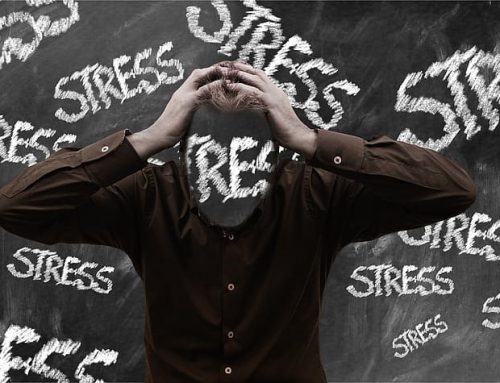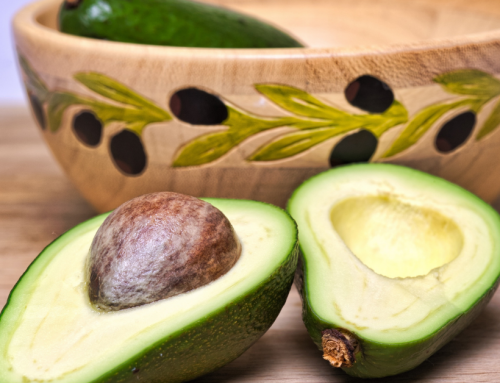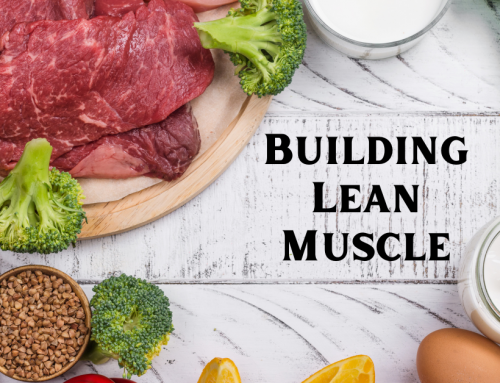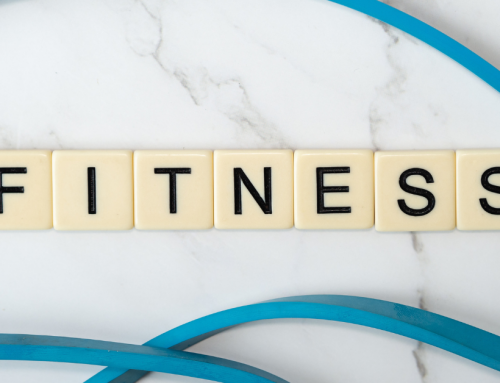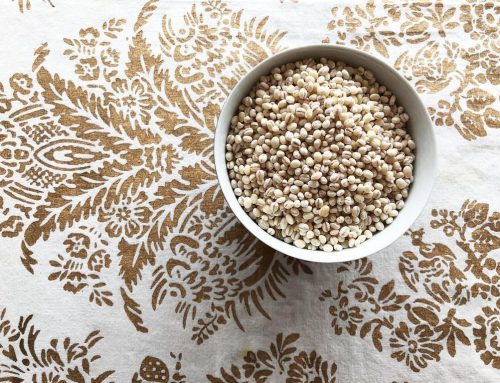The Good and Bad in Dieting
Choosing a nutrition pathway that will give you optimal results is a journey. It’s important to consider spiritual, mental, and hormonal health with this matter.
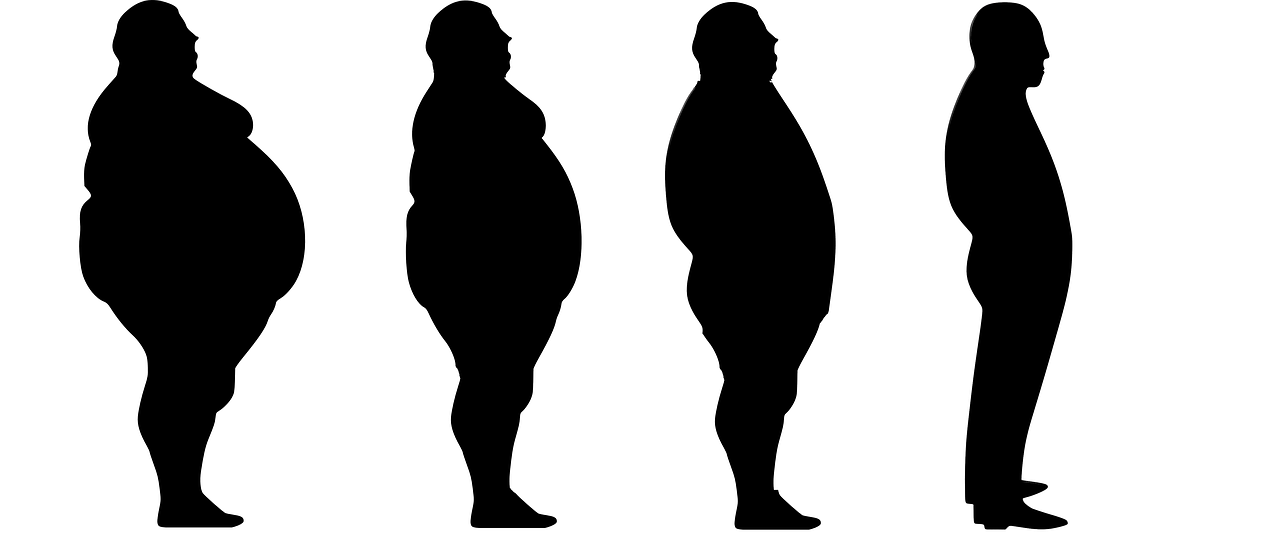
Start From the Beginning
So here you are, living your life, working your butt off, taking care of your family and your animal babies. What about you?
Maybe you are at a point in your life where you are just sick and tired of being sick and tired.
Perhaps you have visited the ER, your primary care doctor, a specialist and you still feel sick and tired. If it’s time to make a change, a serious commitment to yourself, your wellness, and your mental health you are going to have to look inward. If you are not living with a chronic condition, then it’s time to make some serious (not half-hearted) decisions about your diet and activity levels.
The Choice to go Keto
If you have chosen a ketogenic diet to follow, it’s absolutely necessary to start at the beginning. You cannot just wake up one day and decide you’re going to work out for two hours, eat clean, drink enough water, and get your steps in—this has to happen slowly. Consistency is everything at first!
Over the years I have tried so many methods, changed eating patterns, exercise routines so many times, each time finding a struggle in the initial change–but then settling into it and embracing it–letting some things go, and embracing new things.
Step by step, habit stacking is the only way to make big changes stick. Write a list of some habits that you currently have, and what you want to improve, eliminate, or completely change.
STEP 1: SLEEP

Start sleeping consistently every night at the same time. Circadian rhythm is essential to weight loss success, overall health, and happiness, and allows your body to thrive.
Circadian rhythms are physical, mental, and behavioral changes that follow a 24-hour cycle. Anything that is alive is affected by these natural processes including animals, plants, and microbes. These natural processes respond primarily to light and dark.
Humans have a master clock in their brain called the suprachiasmatic nucleus that receives direct messages from the eyes. The body makes and keeps its own circadian rhythms naturally through a process using the Period and Cryptochrome genes. These genes are responsible for protein build-up at night and the slow release of protein during the day. These genes dictate your wakefulness, alertness, and sleepiness. Circadian rhythms account for other major players in your bodily functions like hormone release, eating habits, digestion, and body temperature.
Sleep is one of the most important parts of your daily routine. About one-third of your time is spent sleeping!
Quality sleep and getting enough of it at the right times are as essential to survival as food and water. Sleep nourishes the pathways in your brain that let you learn and create new memories, concentrate and respond quickly. Sleep impacts how nerve cells communicate with each other.
While you are sleeping your brain is busy playing housekeeper and removing toxins that build up while you are awake.
As far as the biological impacts that sleep have on the body, we can safely say that every type of tissue and system in the body is affected. The brain, the heart, the lungs, metabolism, immune function, mood, and disease resistance. Research shows that a chronic lack of sleep increases the risk of disorders such as high blood pressure, cardiovascular disease, diabetes, depression, and obesity.
—
Are you sleeping enough? Are you sleeping well?
Sleep is a dynamic process that affects how you function in ways scientists are just now beginning to understand.
Sleep affects the metabolism, it is basically your body’s opportunity to reset and recharge for the next day of activities and emotions. The human machine is exactly that–a machine–with many working parts. If you are not giving your body the opportunity to flush out bad cells, get ready for new activities, heal, digest, and rebalance itself hormonally, then you will have problems with weight loss and energy levels.
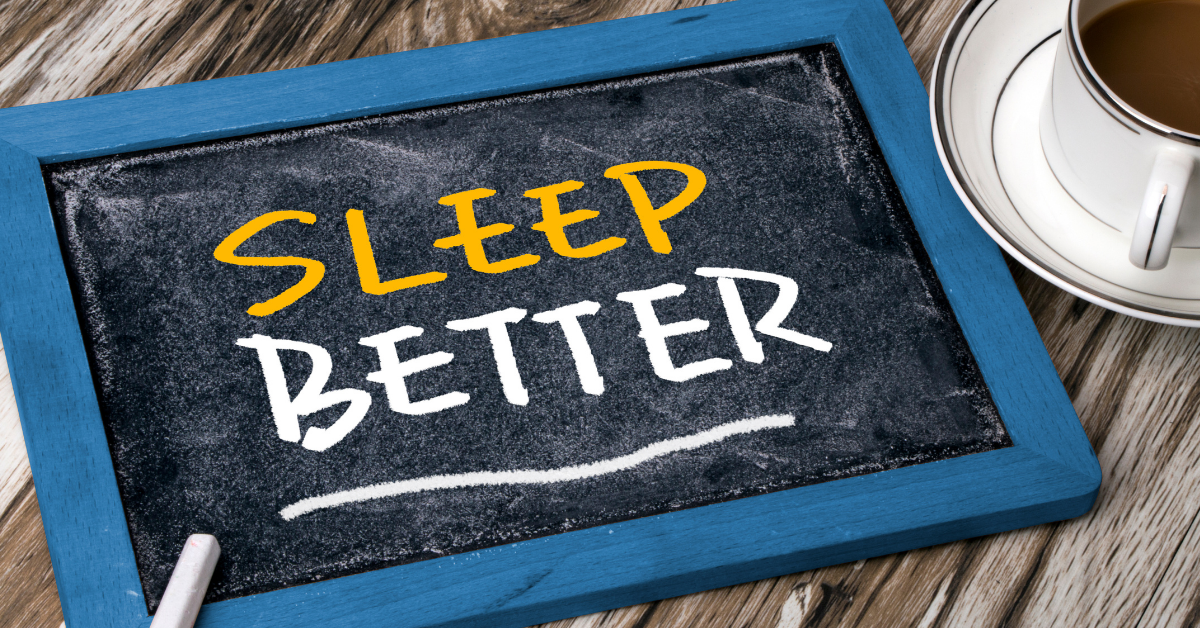
Here is how to get better sleep:
- Set a schedule – go to bed and wake up at the same time each day.
- Exercise 20 to 30 minutes a day but no later than a few hours before going to bed.
- Avoid caffeine and nicotine late in the day and alcoholic drinks before bed.
- Relax before bed – try a warm bath, reading, or another relaxing routine.
- Create a room for sleep – avoid bright lights and loud sounds, keep the room at a comfortable temperature, and don’t watch TV or have a computer in your bedroom.
- Don’t lie in bed awake. If you can’t get to sleep, do something else, like reading or listening to music, until you feel tired.
- See a doctor if you have a problem sleeping or if you feel unusually tired during the day. Most sleep disorders can be treated effectively.
STEP 2: DRINK WATER
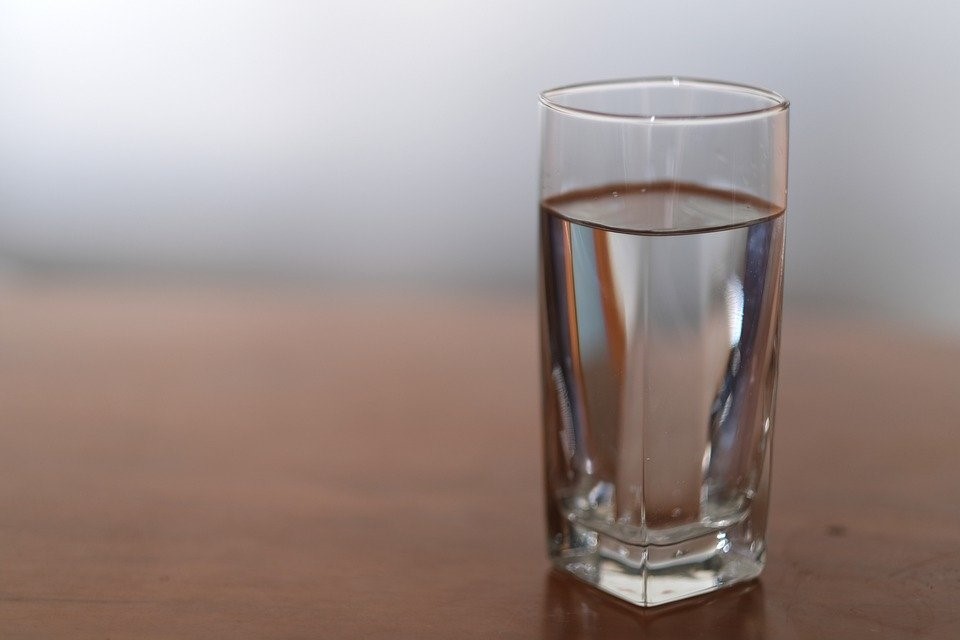
Now that you have been practicing getting on a sleep schedule, it’s time to move on to your drinking (water) habits.
Water, drink water, all the time throughout the day no matter where you are, how busy you think you are, even when you’re driving. Not Lipton Sweet Iced Green Tea, just WATER.
Recently I had the pleasure of hosting another houseguest, it was my husband’s first cousin. He is a funny, cheery guy who is always light-hearted and fancy-free about life. Normally I find these qualities to be very endearing but this approach to life has led him down paths that have deteriorated his health.
He smokes cigarettes, can’t speak a sentence without a cough, has diverticulitis (to which he lost a foot of his colon). I watched in amazement as he drank nothing but coffee, Monster, Lipton Sweet Ginseng Tea in a can, cooked with large quantities of butter, and smoked a couple of packs of cigarettes a day. All the while he was complaining about not being able to keep up with his kids on a hike, and not being able to perform his job duties as a painter because he just didn’t feel good.
Who’s body would feel good when it’s treated so badly?
Instead of being the naggy fitness health person (I had to bite my tongue a lot), I participated in his jovial excitement to be around myself and my family. I hated the number of cigarettes he was smoking in front of my kids. I found it sad that he felt the need to lie down multiple times throughout his stay. We had a nice time, he cooked food with the kids, we showed him the town and then he was gone.
The aftermath of his stay was my fridge full of Lipton cans, Monster Energy drinks, and soda. I mentioned once that water is great and maybe it would help flush his system after a long night of eating and drinking. He laughed me off and raised his iced tea can and said “this is my water.”
I’m sure some will find similarities in their own family members, or maybe this type of living that I am describing is YOU?
It’s no wonder my husband’s cousin felt groggy, worn out, irregular, and couldn’t remember most of his thoughts halfway through a sentence.
Was this the toll of dehydration and nutrient deficiencies?
All the while my husband’s cousin complained of needing to lose weight (of course), I bring that out in most people. Changing SIMPLE things like drinking water instead of Monster would change his life!
Can drinking more water make you lose weight?
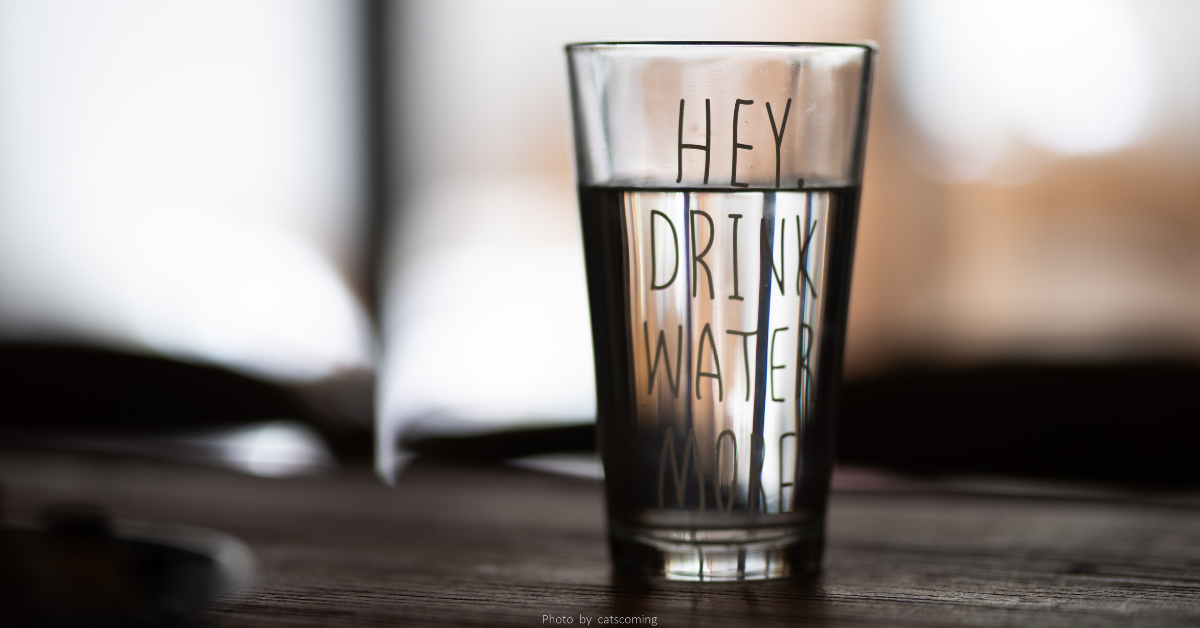
There is evidence surrounding the water weight loss connection. Our bodies are 60% water. Meaning that this clear calorie-free liquid plays a role in every part of your bodily functions. The more hydrated you are, the more efficiently your body works at tasks that range from thinking to burning fat.
Water may help naturally suppress your appetite, when you realize you’re hungry your first impulse may be to find food. Eating may not be the answer. Thirst is triggered by mild dehydration often mistaken for hunger by the brain, drinking water can help decrease appetite by promoting satiation passing through the system easily and stretching the stomach, signaling fullness to the brain.
Research supports the theory: people who drank two glasses of water immediately before a meal in a small 2016 study ate 20% less than those who didn’t drink any water prior to eating.
Drinking water has been linked to stimulating metabolism, in an 8-week study published in 2013, when 50 girls with excess weight drank about two cups of water half an hour before breakfast lunch, and dinner without any other dietary changes, they lost weight and saw reductions in BMI and body composition scores.
There are few if any, downsides to drinking more water.
- Drinking more water can help you avoid the other higher-calorie alternatives such as juice, soda, sweetened tea, or coffee. Choosing water over the standard 20 oz vending machine soft drink will support you in drinking 250 fewer calories. As long as you are not overeating to “make up” for those calories, the calorie savings could add up quickly.
- Drinking water helps you during exercise. Water is essential to the body and plays a vital role in dissolving electrolytes and minerals. These include sodium, potassium, and magnesium to be distributed throughout the body. These essential minerals are required for muscle contraction and movement, avoiding an electrolyte imbalance is important to sustain your moving body.
“When muscle cells are dehydrated, they break down protein (aka muscle) more quickly and build muscle more slowly, so your workouts are much less effective. What’s more, the body loses fluids more quickly during exercise because it generates heat that’s shunted to the skins surface, where perspiration and subsequent evaporation (a colling process) help with temperature regulation.
If your body can’t dump excess heat via sweating, you’re setting yourself up for heat exhaustion or worse, being adequately hydrated can improve your workouts by decreasing fatigue. Which can allow you to work out longer and burn more calories. That’s why it’s so important to hydrate before and throughout your workout, not just when you start to feel thirsty.”
- Water helps the body remove waste. If there are not enough reasons listed above, drinking water facilitates the production of urine. Which is largely made up of water, and the movement of feces, since water keeps stools soft. Long story short, the more hydrated you are, the easier it is for your system to move things along. Adequate hydration allows your kidneys to function properly, flushing harmful bacteria from the urinary tract and preventing kidney stones. Also, the body needs water to burn fat. Upping water intake increases lipolysis, the process by which the body burns fat for energy (we know all about that) with keto.
STEP 3: PRACTICALITY
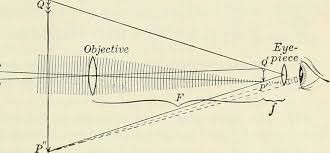
There is a saying about good and bad. I think it goes something like you can’t appreciate the good without experiencing the bad. Or maybe it’s something like you can’t appreciate the bad without experiencing the good.
Whatever the saying is, your journey is very similar to this balancing act. Finding the perfect diet and the perfect schedule and the ideal environment to allow you to succeed in your weight loss/ fitness journey is going to be an everyday battle. Every individual is so unique in their schedules, stressors, health conditions, and mental health statuses. It’s important to always consider the human aspect of all this.
We will not be perfectly in alignment every single day. Sickness happens, parties happen, cake happens, and that’s all just fine! But, the majority of the time should be good, aligned with your goals, and making you feel good, not bad.
Discovering a healthy balanced relationship with food may begin with keto, gluten-free, vegan, or vegetarian, but the common goal is overall health and well-being.
Practical goals will be achievable goals. Here are some practical goals that I like to start off with:
- Walk every day for 30 minutes
- Eat only real foods that grow from the ground, fly in the sky, or swim in the sea.
- Stop eating when you feel full.
- Reduce your BLTs (bites, licks, and tastes)
- Get rid of soda (even diet soda)
- Kick a bad habit (smoking, chronic sleep deprivation, alcohol)
Things need to align with your new energy vibes of healthy eating and healthy living. Being practical and realistic about your goals will help you feel less stress about making a whole mess of changes all at once.
DO NOT beat yourself up about enjoying your favorite food every now and then. Also, do not make your goals based on the scale. Your weight is a number that will ebb and flow during a lifestyle change. Keto will take the body fat off. But then when you start weight training, you will get some weight back from muscle.
Always remember, muscle weighs more than fat but delivers you with ten times the fat-burning results in your lifetime.
Staying active is important to physical appearance, but it also increases your happiness. Keep it moving!

